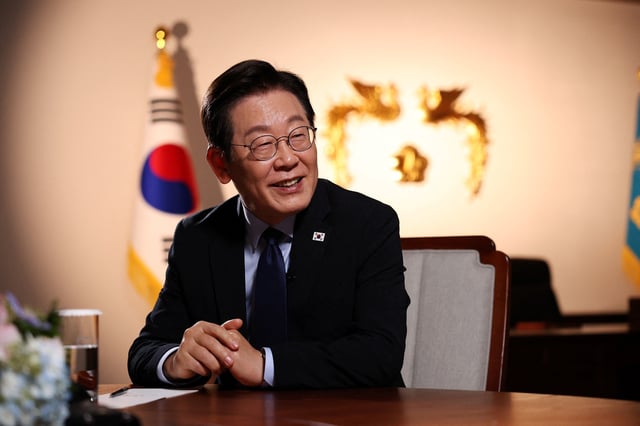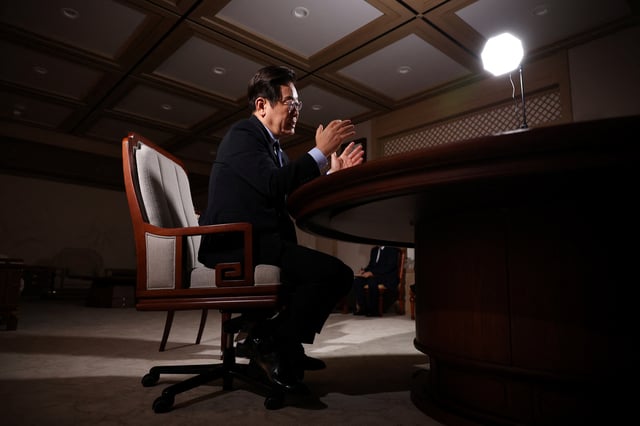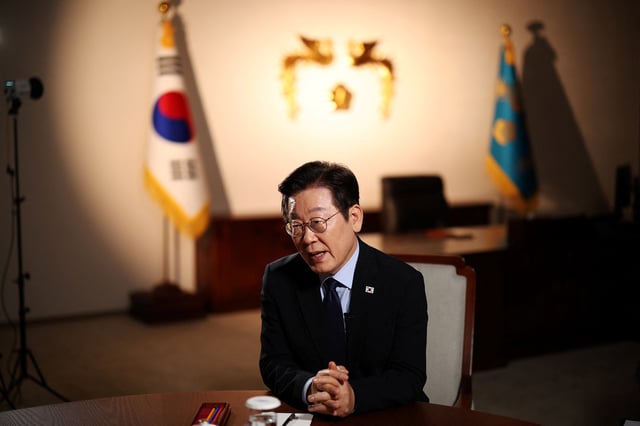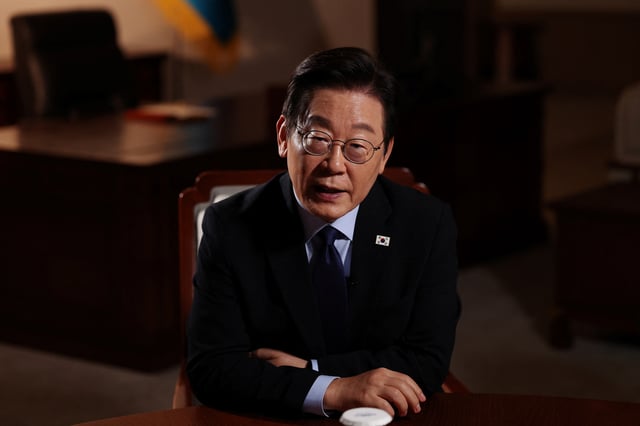Overview
- Lee Jae Myung said accepting the current U.S. structure without a currency swap could destabilize the won and risk a crisis comparable to 1997.
- A July verbal framework would exchange tariff relief for about $350 billion in South Korean investment, yet no written deal exists as talks stall over how funds are governed and whether projects are commercially viable.
- Seoul is pressing for guarantees of "commercial reasonableness," while President Trump has said the United States would select the investments, giving Washington allocation control.
- Lee contrasted South Korea’s position with Japan’s concluded deal, pointing to Tokyo’s larger reserves and an existing U.S. swap line, and he has requested a similar arrangement to mitigate foreign‑exchange risk.
- Tensions were compounded by a Georgia raid that detained more than 300 Korean workers at a Hyundai battery plant; Lee said the United States apologized and offered to let them stay as he heads to New York to address the U.N. and chair a Security Council meeting.



